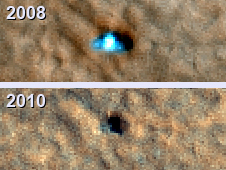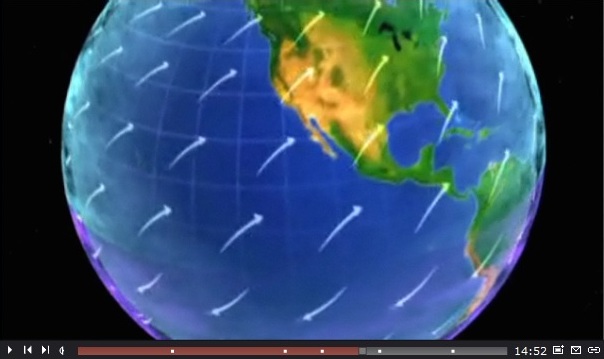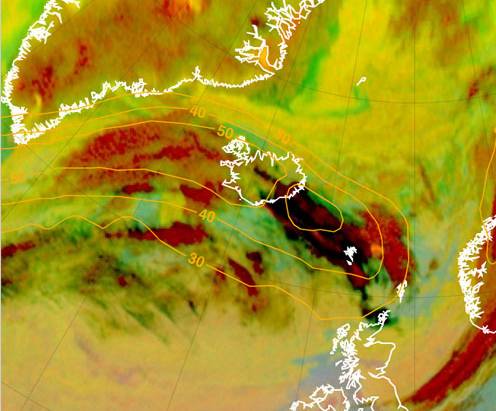When I started this here blog site, my intent was to write a lot about physics. I ended up writing a lot less about physics than I wanted to, in part because a lot of the physics I’m thinking about is “work-in-progress” which would not be appropriate to write about until, well, until it is appropriate to write about it!
But, there are a few exceptions. Lately, I’ve been thinking a lot about scalar-tensor gravity. Indeed, as I am waiting for the completion of a virus scan (could my recent computer troubles have been caused by a virus? I now took out my computer’s hard drive, put it in an external enclosure, and I am scanning it using a “known good” computer) I am thinking about it now.
Einstein’s gravity theory (tensor gravity) can be written up using the Lagrangian formalism. This is the infamous Einstein-Hilbert Lagrangian, which takes the form L = [(−1/16πG)(R + 2Λ) + LM]√−g, where G is the gravitational constant, R is the so-called curvature scalar, Λ is the cosmological constant, g is the determinant of the metric, and LM is the Lagrangian representing matter.
In one of the simplest modifications of Einstein’s gravity, Jordan-Brans-Dicke theory, the gravitational constant G is promoted from constant to field: it becomes variable, and a “kinetic term” is added to the Lagrangian representing the kinetic energy carried by this scalar field.
In this theory, gravity is still determined by the geometry of space-time. However, in addition to matter, there is this scalar field (which carries mass-energy and is thus a further source of gravity in addition to matter.) Then, this scalar field also determines the strength of coupling between matter and space-time (i.e., the extent to which a unit mass of matter bends space-time.)
Now it so happens that it is possible to transform away this variable gravitational constant and make it truly constant by a mathematical transformation called a conformal transformation. Basically, it amounts to reparameterizing space-time in such a way that the value of the gravitational constant becomes the same everywhere. (This transformation is described as switching from the Jordan frame to the Einstein frame.) However, this transformation is not without cost. As we transform away the coupling between the geometry of space-time and the scalar field, we end up introducing a variable coupling between the matter Lagrangian LM and the scalar field. The physics is now different! The geometry of space-time is now determined by a fixed coupling constant as in Einstein’s theory, but the trajectory of matter is no longer determined by geometry alone: there is an extra force, a so-called scalar force, acting on matter.
At first sight, this might seem weird. A simple mathematical transformation should not change the physics, or should it? Well… it does yet it doesn’t. If you fire a cannonball in Jordan-Brans-Dicke theory and calculate its trajectory, it will trace the same trajectory regardless which frame, the Jordan or the Einstein frame, you use to calculate it. It’s the interpretation of this trajectory that differs between the two frames. In the Jordan frame, the cannonball is said to follow a geodesic trajectory, but that geodesic, i.e., the curvature of spacetime, is affected by a varying gravitational constant. In the Einstein frame, the cannonball’s trajectory is not a geodesic anymore; the geodesic trajectory is determined by a fixed gravitational constant, but on top of that, an extra force deflects the cannonball.
One particular kind of scalar-tensor theory can be written in a form in which there is no variable gravitational constant and no coupling between the scalar field and matter either. This is the so-called “minimally coupled” scalar-tensor theory, in which the scalar field influences matter only indirectly: the scalar field has mass-energy, which gravitates, and this contributes to the overall gravitational field. Things can get tricky here: a scalar-tensor theory may be written in a form that does not look like a minimally coupled theory at all, yet it may be possible to transform it into one by an appropriate conformal transformation. However, this is not always the case: for instance, Jordan-Brans-Dicke theory cannot be transformed into a minimally coupled scalar-tensor theory this way, the two classes of theories are manifestly different.
When things get really interesting is when additional fields are present in a more complex theory, such as scalar-tensor-vector gravity. In that case, a conformal transformation can have surprising consequences on the coupling between these additional fields and the scalar field.





